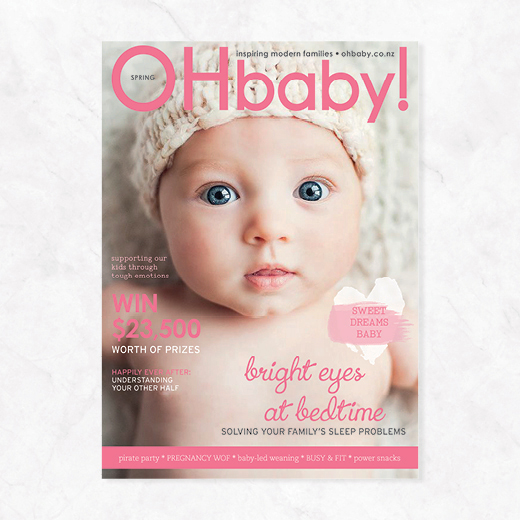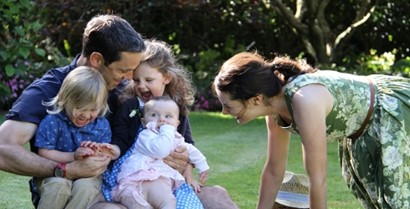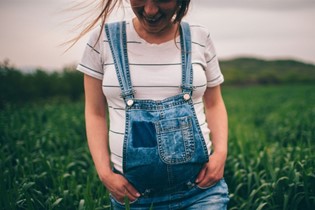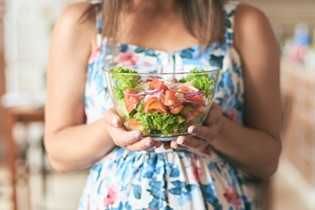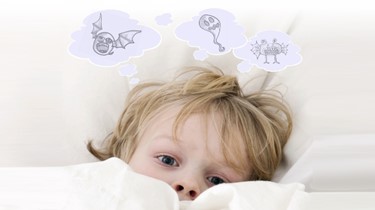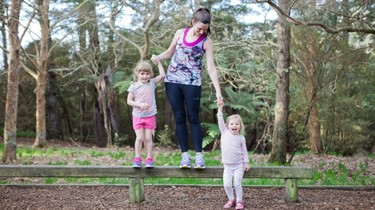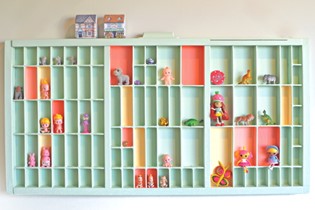Eight essential nutrients for a healthy pregnancy
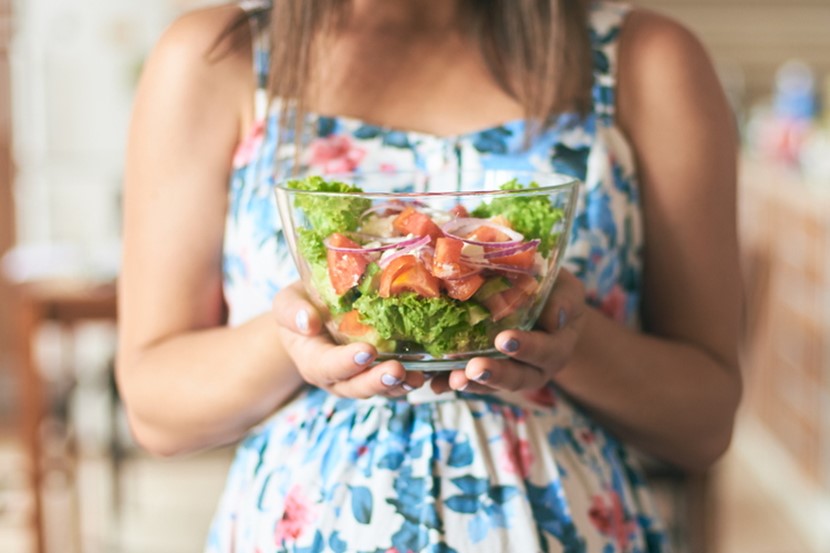
Nutritionist Anna Hansen explains why eight little nutrients make a big difference for a healthy pregnancy.
1. Folate
Folate is a B vitamin which reduces the risk of neural tube defects such as spina bifida. You should take a 800µg folic acid tablet daily for three months prior to conception and during the first 12 weeks of pregnancy. Folate is also found in leafy green vegetables, citrus fruit, legumes, berries and folic acid fortified foods such as bread and cereals.
2. Iodine
Iodine is needed for baby’s growing brain and central nervous system and mother’s healthy thyroid. Iodine levels in NZ soil are too low for pregnant or breastfeeding women to get enough iodine from food alone. Salt and most breads have added iodine. Kelp powder, eggs and dairy foods are also good sources.
3. Calcium
Calcium is vital for your growing baby’s bones and teeth. Your baby will borrow nutrients from your bones if your diet isn’t providing enough. Calcium rich foods include dairy products, kale, broccoli, almonds, sesame seeds, figs and tinned sardines. If you don’t eat dairy then take a supplement.
4. Iron
Your iron needs increase dramatically during pregnancy and an iron deficiency will cause exhaustion. If your levels are low you may be prescribed a supplement. Help iron absorption by eating foods with vitamin C and avoiding tea and coffee at meal times.
5. Zinc
Zinc is important for your immune system and is particularly important for the growing reproductive system of baby boys. Your baby acquires two-thirds of his zinc stores during the third trimester. Your best sources of zinc are lean red meat, poultry, fish, cereals, dairy foods, seeds, nuts and legumes.
6. Omega 3
Omega 3 is important for the development of baby’s brain and nervous system. It is also thought omega 3 protects against post-natal depression. Oily fish such as salmon, herrings and sardines are high in omega 3, as are walnuts, flaxseeds and chia seeds. Pregnant women should eat 150g of fish twice a week, but beware of the mercury levels in fish such as tuna and shark.
7. Vitamin B12
Low vitamin B12 has recently been associated with neural tube defects in babies. Vitamin B12 is only found in its natural form in animal products and if you eat meat, eggs and dairy you will be getting enough of it. If you don’t have meat or dairy in your diet then talk to your GP about supplements.
8. The sunshine vitamin – vitamin D
Your body needs vitamin D to maintain healthy levels of bone minerals such as calcium and phosphorus. A baby born with low levels of vitamin D has an increased risk of rickets and delayed physical development. Although vitamin D is found in food (such as eggs, dairy and oily fish), the best source is free – sunshine.
Anna Hansen is a nutritionist with a holistic approach, as well as mum to three small children. For more of her nutrition advice and recipes, check out: facebook.com/AnnaHansenLoveFood

AS FEATURED IN ISSUE 27 OF OHbaby! MAGAZINE. CHECK OUT OTHER ARTICLES IN THIS ISSUE BELOW
